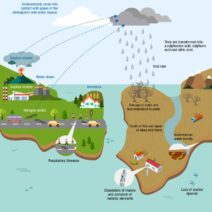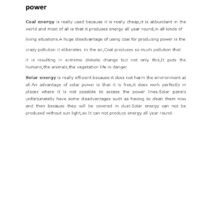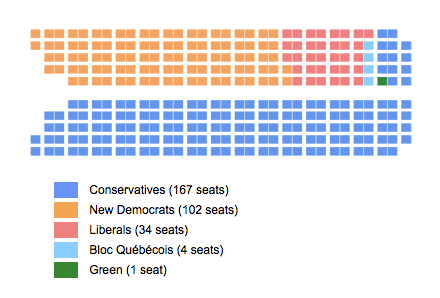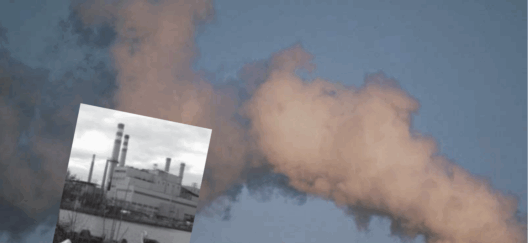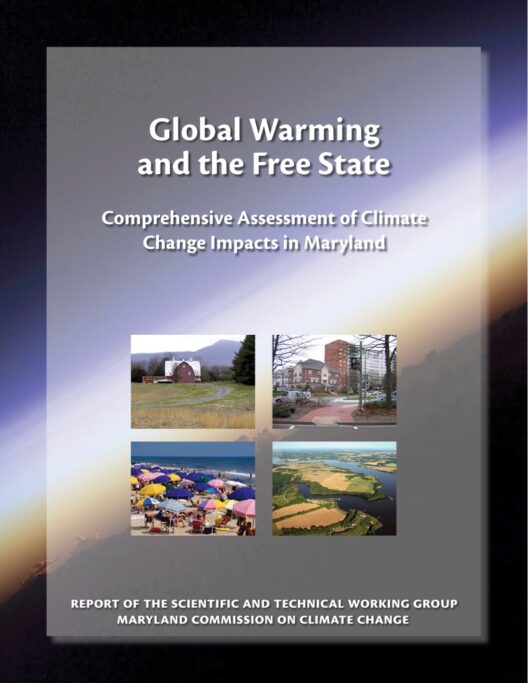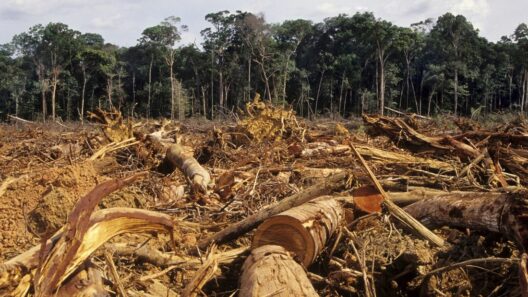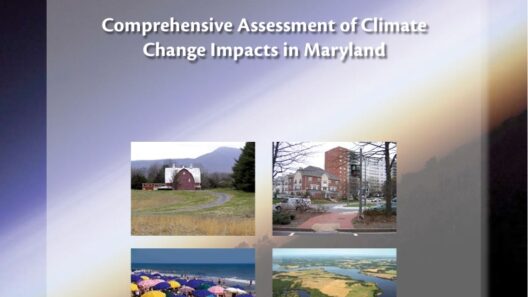The phenomenon of global warming has transcended mere environmental concern, evolving into a pivotal force that reshapes the very core of political and policy frameworks worldwide. This transformation prompts a compelling query: How does climate change galvanize political action, and is our governance system equipped to handle the tempest of climate-related challenges? As global temperatures rise and climate variability intensifies, the inevitability of political response becomes palpable. However, the efficacy of those responses raises critical challenges that must be addressed.
At the heart of this discussion lies the undeniable reality that climate change is not a distant threat; it is an immediate crisis that demands urgent action. Extreme weather events, rising sea levels, and unprecedented ecological upheaval compel policymakers to confront the impacts of climate change head-on. This urgency reveals a transformation in political priorities, leading to a reevaluation of traditional policies in various sectors, from energy to transportation to agriculture.
The intersection of climate science and public policy is often characterized by a palpable tension. While empirical evidence illuminates the dire repercussions of inaction, the political landscape is rife with competing interests, ideological divides, and economic considerations. These factors complicate the formulation and implementation of effective climate policies. What, then, could serve as a cohesive framework to unify disparate political agendas and spur collective action towards mitigating climate change?
As policymakers grapple with these questions, the emerging concept of “climate justice” begins to crystallize. Climate justice advocates argue that the burdens of climate change disproportionately affect marginalized communities—those with the least responsibility for carbon emissions often suffer the most severe consequences. This paradigm shift not only demands a rethinking of environmental policies but also prompts a broader examination of social equity within the fabric of climate legislation.
Moreover, the burgeoning climate movement illustrates the potency of grassroots activism in shaping political discourse. Young activists, fueled by anxiety over their future, advocate for sweeping changes in policy. Movements such as Fridays for Future and Extinction Rebellion have catalyzed public awareness and pressured governments to commit to ambitious climate targets. However, the question arises: can such bottom-up movements sustainably influence entrenched political structures that often resist change?
As the climate narrative unfolds, evidence suggests that economies worldwide are beginning to pivot towards sustainable practices. Renewable energy sources, such as wind and solar, have gained traction, becoming key players in energy policy. This shift presents both opportunities and challenges for traditional industries reliant on fossil fuels. The transition to a low-carbon economy necessitates comprehensive strategies that encompass job creation, retraining programs, and social security measures for those affected by industry decline. Will governments be able to implement these strategies effectively, or will resistance stall the transition?
Additionally, international cooperation emerges as a critical cornerstone in addressing climate change. Globally, climate agreements, like the Paris Agreement, seek to unite nations towards common goals. However, disparities in economic capacity, political will, and historical responsibility complicate this endeavor. Nations that contribute significantly to global emissions must reconcile their obligations with the aspirations of developing countries striving for economic growth. How can equity and solidarity be fostered in such complex negotiations?
One of the most daunting challenges in formulating climate policy is the resistance from political and economic spheres grounded in fossil fuel dependency. This allegiance often manifests as lobbying efforts that impede progressive legislation. Consequently, the fossil fuel industry remains entrenched in the political landscape, wielding significant influence over energy policy. Recognizing this intricate web of interests is crucial to understanding the dynamics that stymie climate action. What strategies can be employed to counterbalance this influence and prioritize public welfare over corporate profit?
Another crucial aspect of climate policy is the integration of scientific research into the legislative process. Climate scientists continue to build a lexicon of data that elucidates the consequences of temperature rise and ecological degradation. However, the gap between scientific consensus and political action can seem insurmountable. How can the science community enhance its communication strategies to engage policymakers more effectively and bridge this divide?
In varying parts of the world, the political landscape remains disparate in its response to climate change. Countries like Denmark and Sweden have set ambitious climate goals, serving as exemplars for sustainability and environmental stewardship. In contrast, other nations exhibit resistance, beholden to economic interests or political ideologies that downplay the climate crisis. Thus, global leadership becomes essential, necessitating that countries champion sound policies while assisting those less able to cope with the transition to sustainability. Can a global coalition be forged that prioritizes climate action while respecting national sovereignty?
The convergence of climate change, politics, and policy will undoubtedly carve new paths for governance in the coming years. As societies adapt to altering weather patterns, economic disruptions, and public demand for accountability, the challenge remains: will those in power rise to the occasion and forge the policies necessary for a sustainable future, or will they succumb to inertia, allowing global warming to persist unchecked and exacerbate societal inequalities? The answers to these questions will define the legacy of our generation, and it is incumbent upon us all to remain vigilant advocates for meaningful action in the climate crucible.

